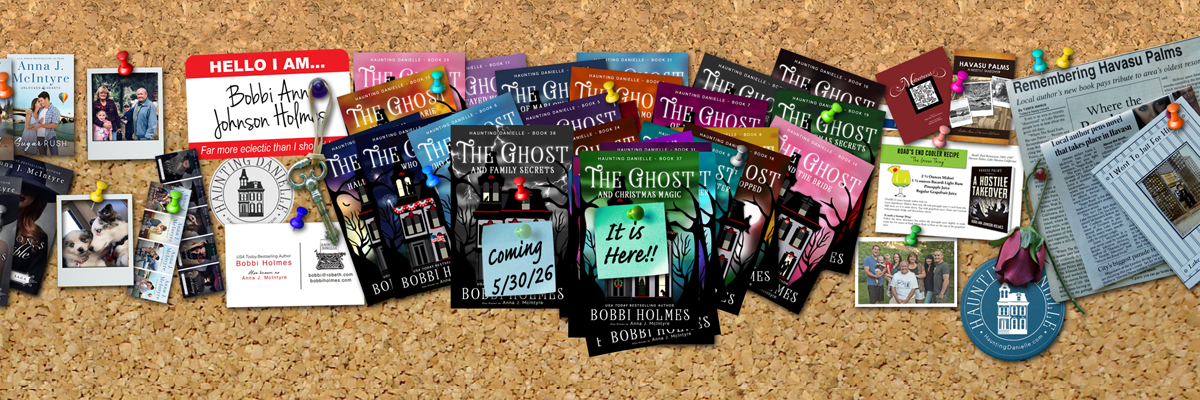
A hunter I know told me when he took his son hunting for the first time and the son killed an animal, the son cried.
Was the father angry at his son? Did he berate him and call him weak? No. He told his son he would have been worried if he hadn’t showed some emotion, if it didn’t bother him.
Personally, I am not a hunter. And if I had to kill animals before I could eat them, I would probably be a vegetarian. But I am not a vegetarian. I am carnivorous. So, it would be hypocritical of me to go on an anti-hunting rant.
In some ways, hunting is probably a more humane way to source meat as opposed to how livestock is often raised. The exception would be hunters who fail to make a clean shot, and the animal flees and suffers a slow death.
But this article is not about that. This article is about what is in the head of the person aiming the gun at the animal. When they pull the trigger, do they do it because they enjoy the power, the high they get knowing the life of that animal is in their hands? Do they get a rush after the kill, where it feels good and they want to kill more?
Or perhaps the hunter has something in common with me—in common with people who have a desire to meet some of their basic needs as our ancestors did. While I don’t kill the food I eat, I enjoy growing it from seeds. I enjoy walking to my garden and harvesting the lettuce for my evening’s salad as opposed to buying it at the grocery store. Growing it takes more work, and if I am honest, can cost more money—at least in the beginning. But I believe it satisfies something in me, in the same way some people feel when they have a freezer full of meat—meat they didn’t buy at the store, meat they processed themselves, meat that didn’t involve the cruelty often found commercially.
Native Americans are just one of the many cultures that perform ceremonies or rituals for animals they hunt to show respect for the animals.
Now, let’s talk about killing a pet.
Many of us were gutted in our childhood after reading the book, “Old Yeller,” or watching the movie. After the beloved family dog was attacked by a rabid animal, the owner was forced to shoot his dog—he had no other option. We all cried.
We’ve all watched movies where a horse is seriously injured and its owner is forced to shoot the animal. It’s not something they wanted to do, but they must do. And it’s certainly not something they ever want to do again.
When I was a teenager and lived at Havasu Palms, one of our cats, Walter, was seriously injured.(Yes, the cat was named after Dad, because his fur color matched Dad’s hair color) We were almost two hours from the closest vet, and there was nothing the vet could do for Walter, aside from euthanasia. My father made the decision to handle the situation himself and not allow the cat to suffer a minute longer. Dad took his gun and shot Walter. The act devastated Dad. He cried and said he never wanted to do that again.
There is another pet owner, one who holds a position of power in our government. In many ways, she holds the power of life and death over Americans.
In her book she writes about how she proudly shot their family dog, Cricket. Was Cricket injured? Suffering? Rabid? Cricket’s crime was being a poorly trained dog. And whose responsibility is it to train a dog?
Cricket’s owner made the decision to execute the dog for her own failing. What responsible pet owner releases their untrained over-excited dog around someone else’s chickens? I imagine my Danny, a rambunctious, often excitable mini-Assie, who was about Cricket’s age when he died, may have done the same thing if I released him on a bunch of chickens. And who would be at fault? Me.
After Cricket’s execution, did his owner feel sadness, as the boy I mentioned in the first of this post? Did she cry like my Dad did, and swear she never wanted to do that again?
Nope. She liked the feeling. The rush. She wanted to experience it again, so she decided to execute the family goat. She didn’t like the goat. The goat’s crime? Acting like a typical goat.
She was so proud of shooting two family pets that she sincerely thought she had done something brag worthy, so she included the story in her biography. She apparently didn’t even take pause after learning her neighbor had been horrified over what she had done, instead she spoke about his reaction as if it was an amusing anecdote.
I sincerely believe there is something deeply wrong with any person who behaves as she did. Studies have shown that engaging in animal cruelty or displaying pleasure when killing animals, is the first sign of someone who later goes on to commit more heinous acts, acts aimed against people
A person like that should never be allowed in a position of power in our government.




